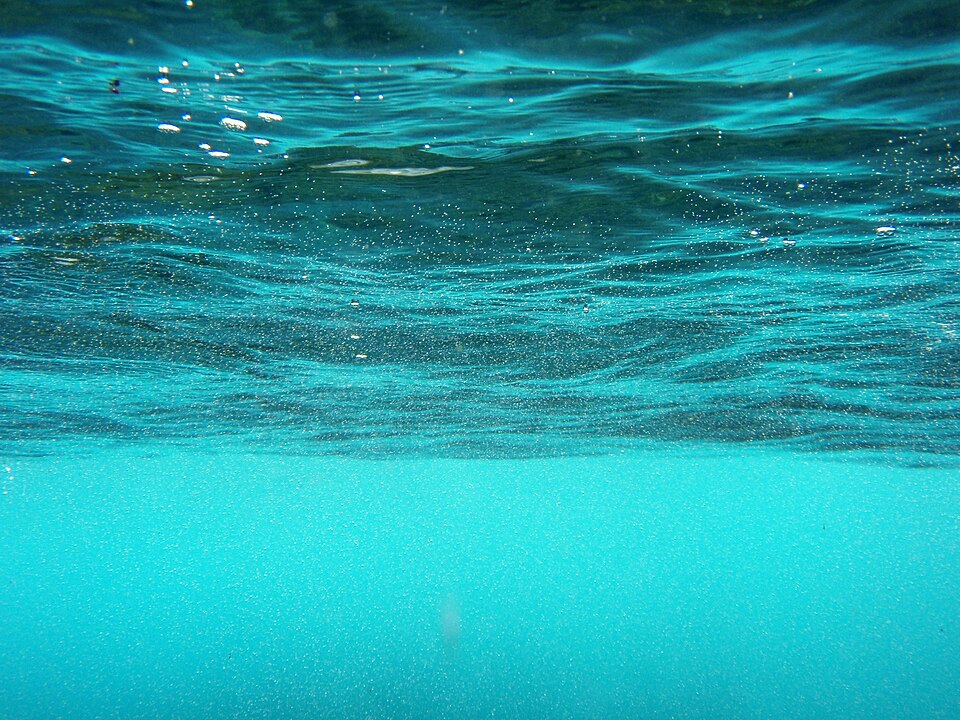
The UK Government has proposed extending a ban on bottom trawling in vulnerable areas of the sea around England to better protect rare marine species and fragile underwater habitats.
Bottom trawling – a fishing technique that involves dragging heavy nets across the seafloor – causes widespread damage to marine ecosystems. In an effort to safeguard these environments, the Government is now looking to prohibit the practice in an additional 41 Marine Protected Areas (MPAs), covering around 30,000 square kilometres of English waters.
The proposed measures aim to protect a wide variety of seabed habitats, including subtidal sandbanks, gravel beds, and muddy sea floors. These areas are home to important species such as lobster, clams, langoustines, and soft corals, many of which are vulnerable to the impacts of bottom-towed fishing gear.
Launching a 12-week public consultation today (Monday 9 June), the Government is inviting input from marine and fisheries stakeholders to guide the ban’s implementation. If approved, the new protections would build on the 18,000 km² of seabed already safeguarded from bottom trawling, as part of the UK's wider commitment to ocean conservation.
Environment Secretary Steve Reed said: “Bottom trawling is damaging our precious marine wildlife and habitats. Without urgent action, our oceans will be irreversibly destroyed – depriving us, and generations to come, of the sea life on which we all enjoy. The Government is taking decisive action to ban destructive bottom trawling where appropriate”.
Director of Policy and Public Affairs at The Wildlife Trusts Joan Edwards said: “For too long damaging activities have been allowed to continue within many of our Marine Protected Areas (MPAs) which are supposed to protect the seabed.
The Wildlife Trusts have been campaigning for a long time for better management of our MPAs and therefore welcome the news today of a consultation to ban bottom-towed trawling in over 40 offshore sites.
Removing this pressure is a great step forward towards protecting not only the wildlife and fish stocks within those sites, but also the carbon stored in the seabed muds beneath. Following this consultation, we hope that these measures will be put in place rapidly to enable recovery of these sites, a win-win for both nature and the climate”.
Executive Director of Oceana UK Hugo Tagholm said: “Destructive bottom trawling has no place in marine protected areas. These proposals provide a golden opportunity to safeguard these vital marine sanctuaries from the most damaging fishing practices.
If these whole-site bans are fully implemented, this could provide an invaluable and urgently needed lifeline for England’s seas, which are so crucial for wildlife and climate resilience”.
The Marine Management Organisation (MMO), in partnership with Defra, will oversee the consultation running until 1 September. The policy has been shaped by scientific assessments evaluating the risks of bottom-towed gear on sensitive marine ecosystems.
At the international level, the UK reaffirmed its commitment to ocean health at the United Nations Ocean Conference. There, it pledged an additional £4 million to the Global Fund for Coral Reefs – bringing its total contribution to £40 million – and announced a £2.8 million investment to support sustainable marine economies in small island states. The UK also reiterated its backing for a legally binding global treaty to tackle plastic pollution, with negotiations set to resume in August.
These actions form part of the Government’s broader environmental goals, including the target to protect 30% of the world’s oceans by 2030. In May, it also announced a £360 million Fishing and Coastal Growth Fund to modernise the UK’s fishing fleet and strengthen the seafood sector amid global challenges. Photo by Felipe Skroski, Wikimedia commons.




































